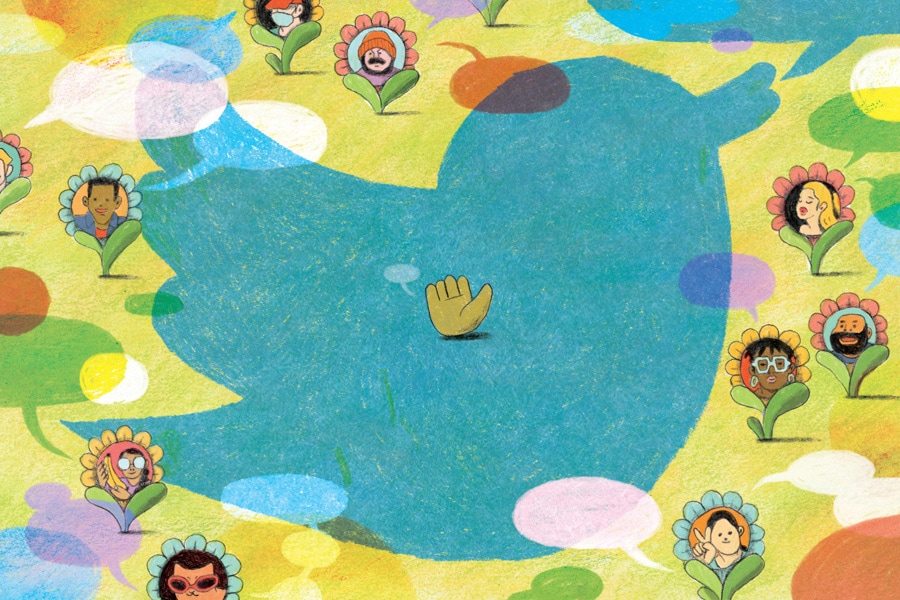
How the copy cats came for Clubhouse
Major tech companies started similar audio platforms: Twitter rolled out Spaces, Facebook made an audio chat feature and Spotify introduced one called Greenroom
 Clubhouse is an invitation-only audio app that was available only on iPhones. (Doris Liou/The New York Times)
Clubhouse is an invitation-only audio app that was available only on iPhones. (Doris Liou/The New York Times)
In December 2020, Chris Barnett bought his first iPhone at the insistence of his friends. They told him he needed to get on Clubhouse, an invitation-only audio app that was available only on iPhones.
He was known in his circle for hosting a fantasy basketball league, and they wanted him to join the basketball discussions they were having on Clubhouse. Once he signed up on his new phone, Barnett gained a modest following and started a discussion club about the National Basketball Association that grew to more than 4,000 members.
“We had instant success,” Barnett recalled. “People came in, they stayed.”
But today, if listeners want to hear Barnett break down a recent game, they will have to find him on Twitter. In August, he started hosting a basketball show every weekday on Spaces, Twitter’s audio chat feature that mimics Clubhouse. He also organized a network of other content creators to promote their sports and culture discussions.
Barnett is not the only audio creator who slipped away from Clubhouse and joined another platform as a slew of copycat chat apps debuted this year, challenging Clubhouse and wooing its users.
©2019 New York Times News Service







